Your Cart
Can a Lithium Battery Run an Air Conditioner

Power, Runtime, Battery Size & Real-World Examples
Yes, a lithium battery can run an air conditioner—but only with the right battery capacity (kWh), inverter size (kW), and AC efficiency. Small and medium AC units can run for several hours on lithium batteries, especially when paired with solar.
Lithium (LiFePO₄) batteries outperform lead-acid for air conditioners thanks to higher discharge power, 90%+ usable capacity, and stable voltage under load.
Air conditioners are among the most power-hungry appliances in homes, RVs, and off-grid systems. As lithium batteries become mainstream for solar and backup power, many people ask a practical question: Can a lithium battery run an air conditioner?
The short answer is yes—but the details matter. Air conditioners draw high running power and even higher startup surge. To run one reliably, you must size the battery (kWh), inverter (kW), and wiring correctly. Lithium batteries—especially LiFePO₄—are uniquely suited for this task because they deliver high current, maintain stable voltage, and allow deep usable capacity.
This guide explains how it works, how long it lasts, and what size system you need, with clear tables, formulas, and real-world scenarios for RVs, homes, and off-grid cabins.
Can a Lithium Battery Run an Air Conditioner?
- Yes, lithium batteries can run air conditioners.
- Runtime depends on:
- AC power draw (watts)
- Battery capacity (kWh)
- Inverter size and surge rating
- AC efficiency (BTU, inverter vs fixed-speed)
Why Lithium Works Better Than Lead-Acid
- High continuous discharge power
- 90–95% usable capacity
- Minimal voltage sag under load
- Faster response to compressor startup

How Much Power Does an Air Conditioner Use?
Typical Air Conditioner Power Consumption
|
AC Type |
Typical Size |
Running Power |
|
Window AC |
8,000–10,000 BTU |
700–1,000 W |
|
RV Rooftop AC |
13,500 BTU |
1,200–1,800 W |
|
Mini-Split (Inverter) |
9k–12k BTU |
600–1,500 W |
|
Central AC |
2–4 ton |
3,000–5,000+ W |
Startup Surge vs Running Power
- Compressors need 2–3× surge for a few seconds.
- Inverter must handle surge power, not just running watts.
What Size Lithium Battery Is Needed?
Why kWh Matters More Than Ah
- kWh = total energy stored (what determines runtime).
- Ah alone can be misleading without voltage.
Battery Size vs Runtime (Example: 1,000 W AC)
|
Battery Size |
Usable Energy* |
Estimated Runtime |
|
5 kWh |
~4.5 kWh |
4–5 hours |
|
10 kWh |
~9 kWh |
8–9 hours |
|
15 kWh |
~13.5 kWh |
12–13 hours |
*Assumes ~90% usable capacity (LiFePO₄).
How Long Can a Lithium Battery Run an Air Conditioner?
Simple Runtime Formula
Runtime (hours) = Battery kWh ÷ AC power (kW)
Real-World Examples
- RV night cooling: 10 kWh battery + efficient AC → ~8 hours
- Home outage cooling: 15 kWh battery → partial-home cooling for ~10–12 hours
- Off-grid cabin: Solar + battery extends runtime all day
Inverter Requirements (Critical)
Why the Inverter Matters
- Converts DC battery power to AC for appliances.
- Must be pure sine wave for compressors.
Recommended Inverter Sizes
|
AC Load |
Recommended Inverter |
|
Window / Mini-Split |
2–3 kW |
|
RV AC |
3–5 kW |
|
Large Home AC |
5–10 kW |
Rule: Inverter surge rating ≥ 2× AC running power.
Can You Run an Air Conditioner on Solar + Lithium?
How Solar Helps
- Solar powers AC directly during the day
- Excess solar charges the battery
- Battery covers clouds and evening loads
Best Scenarios
- Daytime cooling with solar assist
- Night cooling from stored solar
- Reduced grid or generator use

Lithium vs Lead-Acid for Running AC
|
Feature |
Lithium (LiFePO₄) |
Lead-Acid |
|
Usable capacity |
90–95% |
~50% |
|
Discharge power |
High |
Limited |
|
Voltage stability |
Excellent |
Drops quickly |
|
Weight |
Light |
Heavy |
|
AC suitability |
Excellent |
Poor |
Bottom line: Lead-acid struggles with compressor surge and deep discharge; lithium excels.
Common Mistakes to Avoid
- ❌ Undersizing the battery (short runtime)
- ❌ Undersizing the inverter (startup failure)
- ❌ Ignoring AC efficiency (older units draw more)
- ❌ No surge margin in design
Best Use Cases
RV & Van Life
- Silent cooling at night
- Pair with soft-start AC and inverter
Home Backup Power
- Cooling during outages
- Combine with efficient mini-splits
Off-Grid Homes & Cabins
- Solar-powered cooling
- 48V battery banks for efficiency
Is It Practical to Run an AC on Batteries?
When It Makes Sense
- Short-term cooling
- Solar-assisted systems
- Efficient AC units (inverter mini-splits)
When It Doesn’t
- Large central AC without solar
- Multi-day cooling with no recharge source
Battery-to-AC Runtime Calculator
Inputs
- AC running power (W)
- Battery size (kWh)
- Usable fraction (≈0.9)
Formula
- Runtime (h) = (Battery kWh × 0.9) ÷ (AC W ÷ 1000)
Example
- AC: 1,200 W
- Battery: 10 kWh
→ (10 × 0.9) ÷ 1.2 ≈ 7.5 hours
1: Battery Size vs AC Runtime
- Bar chart: 5 / 10 / 15 kWh vs hours
- Note inverter efficiency and surge
2: Lithium vs Lead-Acid for AC
- Side-by-side icons: usable %, surge handling, weight
3: Solar + Battery Cooling Flow
- PV → Battery → Inverter → AC (day/night paths)
FAQs
Can one lithium battery run an AC?
Yes—if capacity and inverter are sufficient. Small ACs need ≥5–10 kWh.
Can I run AC all night on batteries?
Often yes with 10–15 kWh and an efficient unit.
Is lithium safe for high-power loads?
Yes. LiFePO₄ is stable and designed for high discharge.
Can a lithium battery run an air conditioner? Absolutely—with proper sizing. Choose the right battery kWh, inverter kW with surge, and an efficient AC. Pairing lithium batteries with solar dramatically improves practicality and runtime. With smart design, lithium batteries deliver quiet, reliable cooling for RVs, homes, and off-grid systems.
No comments
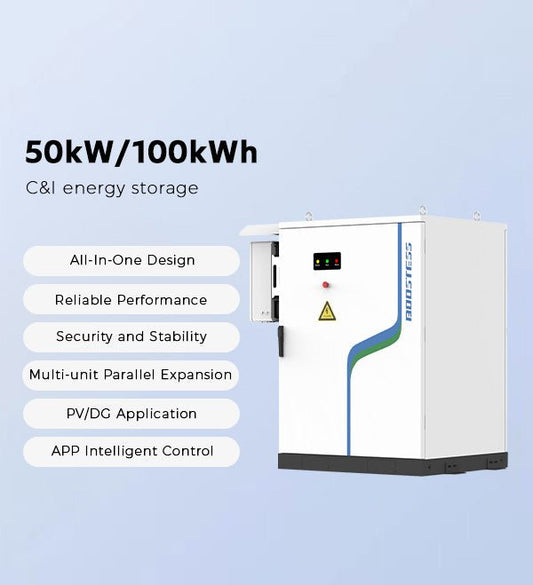
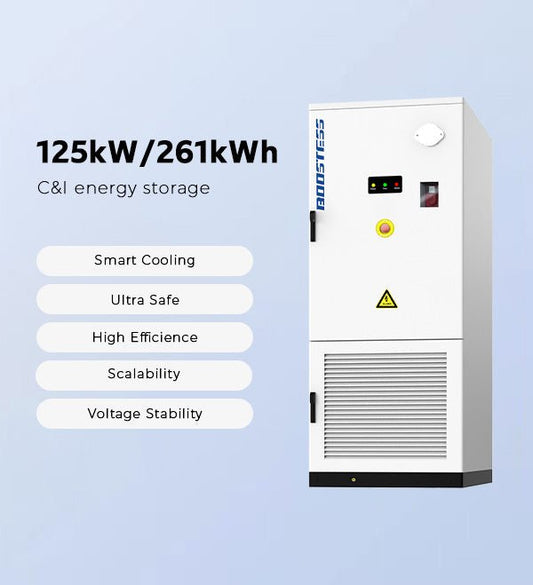
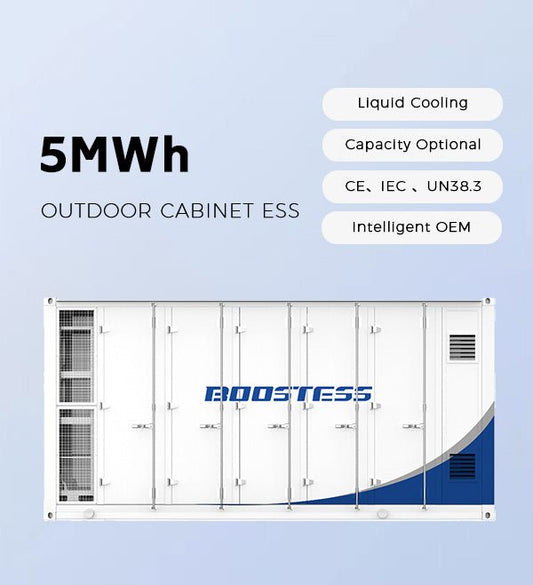
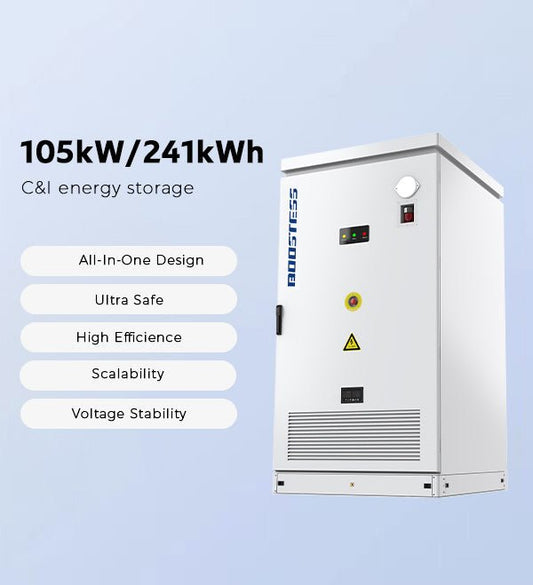
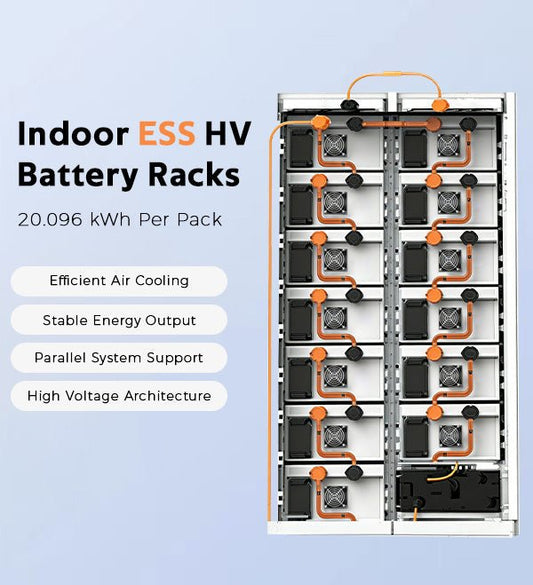






0 comments